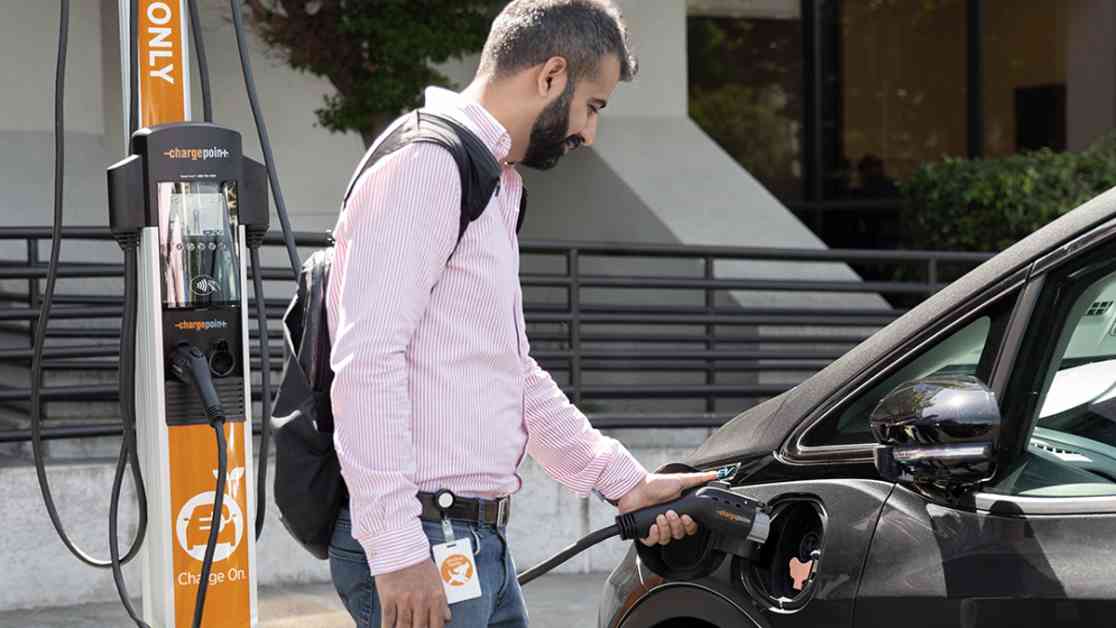Google’s new AI search feature, known as AI Overviews, has been causing quite a stir. Not only are the AI-generated responses subpar compared to traditional search results, but they are also consuming a significant amount of electricity. According to a recent Jacobin report, these AI search results require ten times more energy than a standard Google search. In fact, if AI-generated answers were added to all Google searches, the energy usage could rival that of the entire country of Ireland.
Each AI-generated search consumes three watt-hours of electricity, which may not seem like much on its own. However, when you consider that Google processes an average of 8.5 billion searches per day, the energy consumption adds up quickly. This energy usage is equivalent to powering seven and a half average electric cars for a single second. In other words, Google’s AI search feature could charge 442.7 electric vehicles per minute, 26,562.5 electric vehicles per hour, or 637,500 electric vehicles per day.
It is important to note that these numbers only account for Google’s electricity consumption related to AI-generated search results. AI and Large Language Models are known to be energy-intensive and have been used for various purposes throughout the decade. While it is concerning to see such a high level of energy consumption for AI search results, it is also a reminder for individuals to be mindful of their own energy usage.
As we strive to reduce our carbon footprint by using energy-efficient appliances, biking or walking instead of driving, and turning down our air conditioning, it is essential to consider the environmental impact of technologies like Google’s AI search feature. While the convenience of AI-generated responses may be tempting, we must also weigh the energy costs associated with them.
In conclusion, the widespread adoption of AI-powered search engines may have unintended consequences on energy consumption and the environment. It is crucial for companies like Google to prioritize sustainability and energy efficiency in their technological advancements. As consumers, we can also play a role in reducing energy consumption by making conscious choices in our daily lives.









